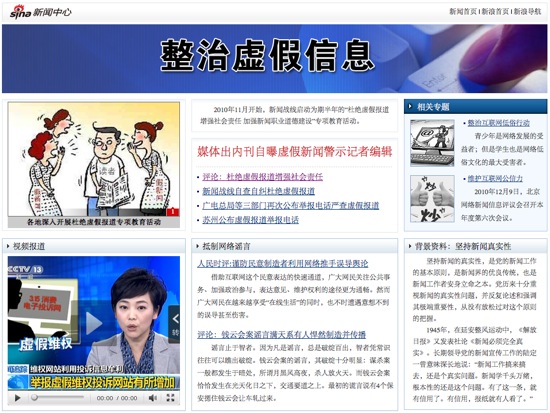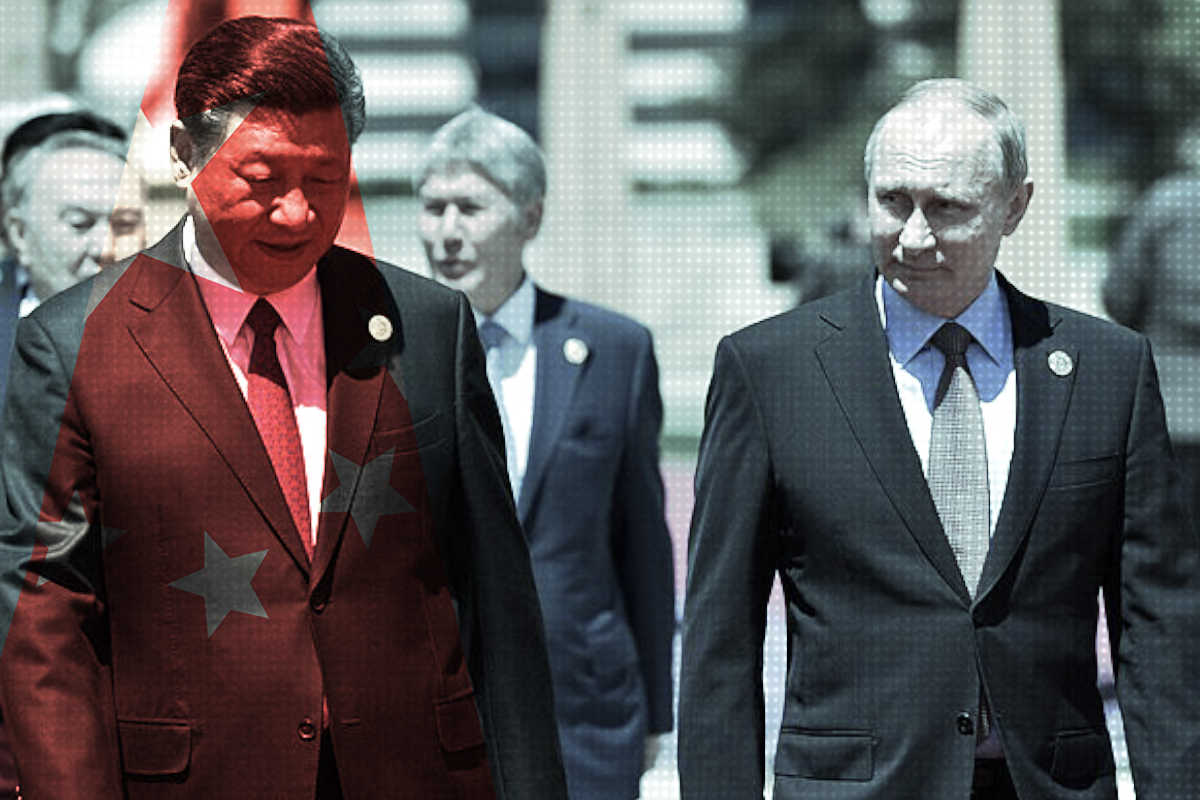Earlier this year, press authorities in China announced a concerted campaign to deal with the problem of “fake news.” As we mentioned in a recent bit of analysis on “fake news,” this accusation is often used by government officials in China to attack news seen to violate propaganda restrictions — news, in other words, that is too true.
Every time the government launches these seasonal campaigns against “fake news,” the focus is on the need to train journalists more actively in the old fundamentals, control and propaganda. There is renewed official chatter about the importance of adhering to the “Marxist View of Journalism,” whose three tenets are:
1. Media as tools of the CCP
2. Denial of the bourgeois notion of “free speech”
3. The need to uphold “correct guidance of public opinion”
Clearly, while combatting “fake news” is ostensibly a call to greater professionalism, the Party’s uncompromising definition of the role of the press as a mouthpiece of the government goes against the very idea of journalism as a profession.
In a highly commercialized media environment subject to strict propaganda controls, media find it safer and more profitable to avoid real public interest stories in favor of pleasant, harmless and salable falsehoods. Control, therefore, has played a central role in undermining truth and credibility, and is the soil that nurtures “fake news.”
Like past efforts, the current campaign against “fake news” emphasizes the reassertion of control, principally through the General Administration of Press and Publications. But control itself is one of the chief causes of poor professionalism in China’s media.

[ABOVE: In a special page on “fake news” linked prominently on its main news page, Sina.com shows the authorities that the news portal is it dutifully following the government line. Such pages do not feature as prominently at other major news portals.]
The following editorial, printed on February 15 in Press and Publication Report (中国新闻出版报), an official publication of the General Administration of Press and Publications, offers a glimpse yet again of the mislead, paternalistic approach authorities are taking toward professional deficiencies in China’s media.
“Eliminating Fake News Reports and Enhancing Social Responsibility“
Xinhua News Agency
Published in Press and Publication Report (中国新闻出版报)
February 15, 2011
Journalism is a profession for the young. Young people, who are brimming with enthusiasm and can push on through and get things done, are the fresh blood and vital force of the news profession. But young people are also lacking in worldly experience. They sometimes lack sufficient knowledge, and they can fall prey to simplistic views on certain issues. So they can run into various problems in the reporting process. If subsequent links in the news production chain are weak or do not stay alert, if mechanisms are not carried out with due strength, then fake news reports can easily proliferate.
Therefore, the character of news production teams, and the strength or weakness of their grip [on procedure], directly concerns the development and well-being of media and their degree of social credibility. Raising the intensity of training and education of editorial teams should become the most critical priority as we work to eliminate fake news.
In strengthening training, we must start from the outset, as soon as reporters and editors step over the threshold into the profession. Owing to quick turnovers of news staff, some media overlook the important step of training, which leads to reporters who are unable to face difficult situations and simply record whatever anyone says. They are unable to adjust to new situations, and they can easily be manipulated by others.
In order to deal with these problems, it is crucial that news organizations organize regular sessions during which employees study the Central Committee’s latest directions on news works and relevant laws and regulations. Most urgent and of the moment is education in the area of value systems, leading news personnel to firmly grasp the Marxist View of Journalism, to promote a lofty professional spirit and professional ethics, and create correct value judgements and professional pursuits. Only when these values, this professional spirit and these ethical demands have become internalized can every journalist stand firmly against fake news, conscientiously upholding a favorable image of those in the news profession.
. . . In strengthening training, we must strengthen the training of those in positions of responsibility at media organizations at all levels. We must strengthen our direction of self-study and self-education activities among these leadership groups [at these organizations]. Only be steadily raising the political conduct and professional conduct of those in the lead can we ensure that the [news] teams as a whole do not go off track or derail, that they move forward while keeping to a correction direction.




















